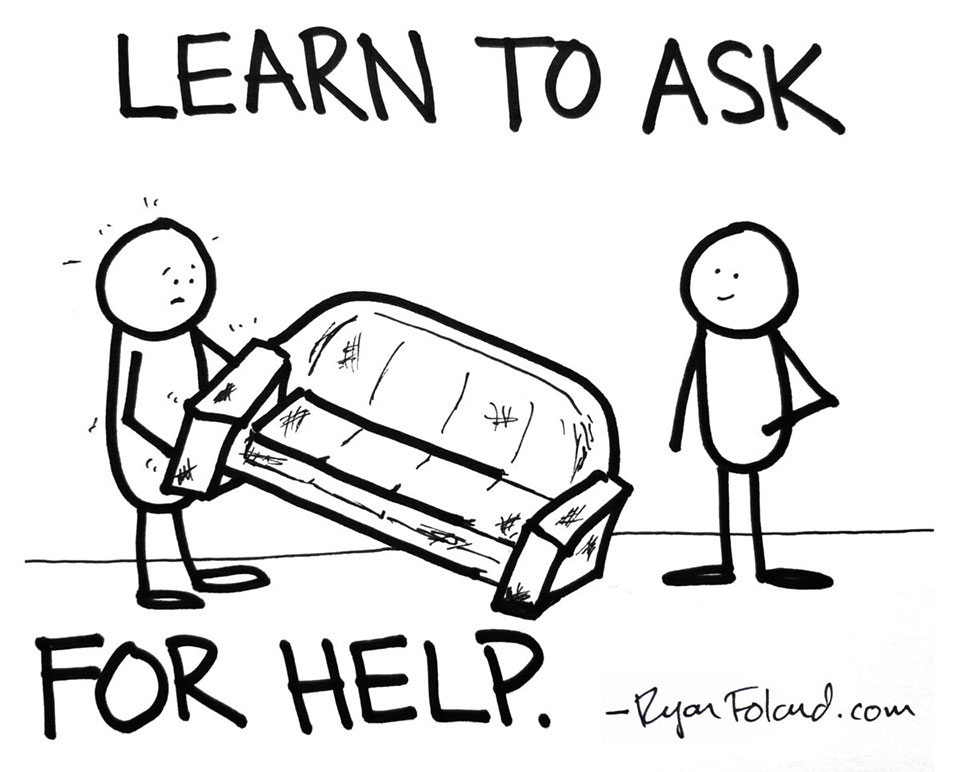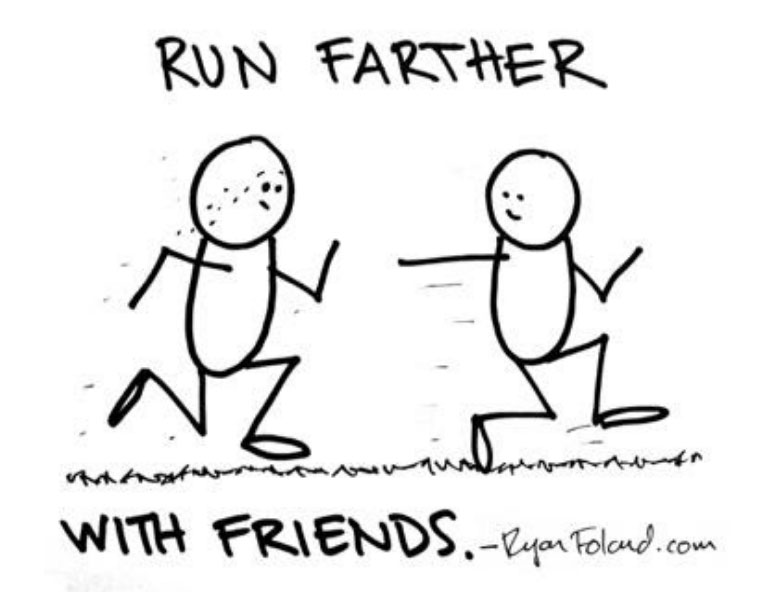Tips For CEOs: The Courage to Ask for Help

When you ask people, generally speaking, whether asking for help is a sign of weakness or a sign of resourcefulness, they will usually choose the latter. However, if you ask people how they view it personally, they will admit to being worried about being perceived by others as weak or incompetent. In a world that depends upon people giving and receiving help, this mindset poses a problem.
Common reasons people don’t like to ask for help are as follows:
- It can make us feel needy or incapable.
- It often involves compromising control.
- We don’t want to be a burden to others.
- It can make us feel indebted.
- It competes with our idea of the self-made man or woman.
Before addressing these specific reasons, let me share three lessons from working with peer groups and organizational teams.
- Who You Surround Yourself with Matters.
For as long as we can remember, we look to our peers to make sense of the world. We watch their behaviors, seek out their reactions, and ask for their help. We’ve always done it, and we always will. We are poised to help each other be successful; it’s why we work together in tribes, families, communities, collectives, committees, groups, and teams – all of which promote asking for help and providing assistance to others.If you find it difficult to ask others for help, you may be surrounding yourself with the wrong people. Seek out people in every aspect of your life where abundance reigns supreme and where cooperation and collaboration are the rule rather than the exception.

- The Notion of Being Self-Made is a Myth.
There are no self-made men or women. Zero. In 2017, my podcast partner Randy Cantrell dragged me (so to speak) into the world of hosting my own podcast. It was titled The Year of the Peer, primarily because I wanted a built-in exit strategy if I didn’t want to host it after December 31st.During The Year of the Peer, I conducted 50 interviews with highly successful people from the worlds of business, media, and academia. As I dove into their stories, I asked each of them if they reached the pinnacle of their respective careers all by themselves. Every one of them laughed at the idea that they achieved what they accomplished alone, citing countless people who helped them along the way. They also noted that there are some people they can never pay back, yet they resolved to always pay it forward to others as their way of saying thank you.
The podcast itself would not have existed without Randy. Today, we co-host Peernovation, where we deliver a better show together than I could ever do on my own.

- The Power of We Begins with Each of Us.
We can’t be at our best if we try to do it alone. Social learning theory tells us that we learn better when we do it together. As a result, we help each other learn concepts more deeply and give each other the courage and encouragement to apply what we know to our great personal and collective advantage.As a result, great teams are capable of accomplishing more than any individual ever will. If you want to win a championship in a team or individual sport, it takes a team to make it happen. If you’re going to create the best products or deliver the most outstanding professional services in the world, it will require a team comprised of members committed to bringing their best selves. It all comes down to the ability to help and ask for the help of our teammates.

A Matter of Framing
If, after what you’ve just read, you still feel queasy about asking others for help, it may just involve a little reframing. For example, rather than say, “I need help.” Say, “I want your help.” The first approach is all about you, the word need, and the whole help part. “I want your help” serves as an invitation to join you in your challenge in a way that is specific (and complimentary) to the other person and inspires the idea that two people can achieve a better result than one.
Summary
As we reflect on lessons learned in the wake of the pandemic, I hope one of them is that asking others for help is not a sign of weakness – that it’s an act of resourcefulness that underscores our humanity. Asking for help and offering support during the past year was not only accepted but expected as we tapped into something deeper and more profound than our relationship as co-workers. I hope everyone recognizes the benefits and value of having tapped into our shared humanity and that it’s among the lingering symptoms poised to stay with us for years to come.
Written by Leo Bottary. *Illustrations by Ryan Foland.
Bring the best of the CEOWORLD magazine's global journalism to audiences in the United States and around the world. - Add CEOWORLD magazine to your Google News feed.
Follow CEOWORLD magazine headlines on: Google News, LinkedIn, Twitter, and Facebook.
Copyright 2025 The CEOWORLD magazine. All rights reserved. This material (and any extract from it) must not be copied, redistributed or placed on any website, without CEOWORLD magazine' prior written consent. For media queries, please contact: info@ceoworld.biz








